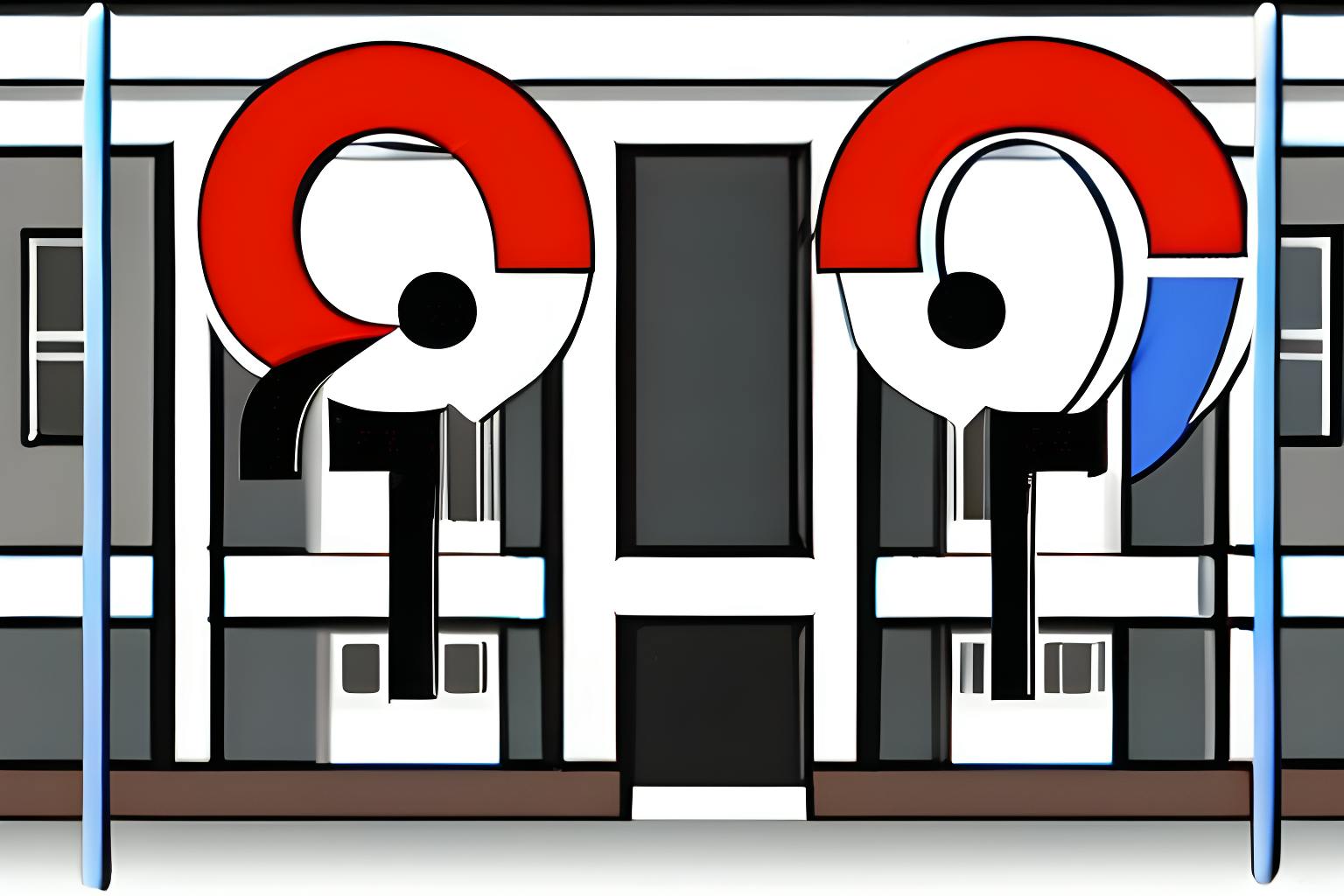USA v. Google LLC Court Filing, retrieved on January 24, 2023 is part of HackerNoon’s Legal PDF Series. You can jump to any part in this filing here. This is part 21 of 44.
IV. GOOGLE’S SCHEME TO DOMINATE THE AD TECH STACK
C. Google Buys and Kills a Burgeoning Competitor and Then Tightens the Screws
3. Google Manipulates Google Ads’ Bidding Strategy to Block Publisher Partnerships with Rivals
161. Google also took the opportunity to tweak its Project Bernanke algorithm to further lock in publishers who considered using innovative bidding technology offered by Google’s rivals. Some publishers attempted to partner with rival ad exchanges to offer them “first look” access to inventory—an opportunity to bid in real time for inventory before it was offered to Google’s AdX. “First look” could potentially prop up rival ad exchanges by giving them effective access to some of the most valuable inventory.[17]
162. Beginning in 2014, Google recalibrated the earlier Project Bernanke to decrease Google Ads’ bids on AdX for publishers that allowed rivals an opportunity to buy inventory ahead of AdX. Google called this “Project Bell.” Where publishers tried to partner with rival sources of advertising demand for “first look” access to inventory, Google reduced bids— without any input from or awareness of the underlying advertiser—by about 20%. According to Google’s documents, it explicitly warned publishers that utilizing innovative “first-call” technology from rivals would cause publisher yield to drop 20 to 30%. Of course, only a company like Google with substantial market power across the entire ad tech stack would have the incentive or ability to implement such a program. Project Bell both insulated Google’s ad exchange from this new form of competition and preserved preferential access for buyers on Google’s ad exchange, including Google Ads.
[17] Previously, Google used dynamic allocation in its publisher ad server to exclude rival exchanges from meaningful competition. By only permitting Google’s own ad exchange to bid in real time—ahead of any other exchange—for impressions, Google was unfairly advantaged and competitors were effectively stymied from competing.
Continue Reading Here.
About HackerNoon Legal PDF Series: We bring you the most important technical and insightful public domain court case filings.
This court case 1:23-cv-00108 retrieved on September 8, 2023, from justice.gov is part of the public domain. The court-created documents are works of the federal government, and under copyright law, are automatically placed in the public domain and may be shared without legal restriction.

